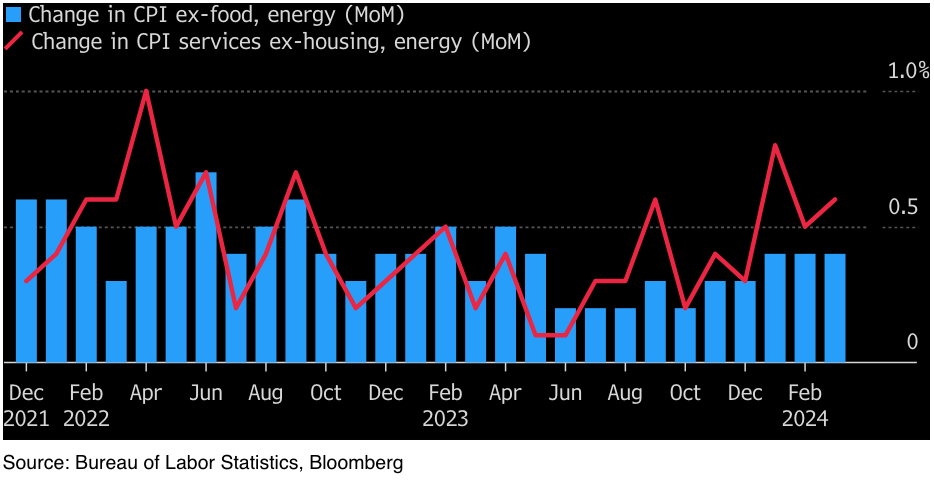During the golden age of macroeconomics (roughly 1984-2007), many economists understood that interest rates were not monetary policy. After 2008, economists have been drifting back to old-school Keynesianism, with its emphasis on fiscal policy and interest rates.
For the umpteenth time, it makes no sense to talk about interest rates causing changes in other macro variables. To do so is to engage in reasoning from a price change. Interest rates can change for multiple reasons, and the effects of the rate change will depend on the underlying factors that caused rates to change.
Not surprisingly, this highly flawed approach has produced lousy results. The Financial Times reports that dissatisfaction with our current models has led to the search for alternatives:
Matthew Rognlie of Northwestern University says that more broadly, the Hank trend tapped into a “well of discontent” with older, simpler models. Those assume consumers respond very strongly to changes in interest rates, and hardly at all to changes in their income.
I cannot say I’m surprised by the fact that models that assume consumers respond to interest rate changes in a predictable way have not done well. Unfortunately, instead of scrapping the interest rate approach to macroeconomics (which I recommend in my recent book) economists are adding epicycles:
Hank [Heterogeneous Agent New Keynesian] models try to match real-life spending behaviour more closely, assuming a willingness to consume out of extra income roughly 10 times larger than in the older models.
That changes the emphasis when thinking about monetary policy transmission, away from the idea that greater rewards for saving encourage more of it. Other mechanisms could include an interest rate increase that hits people with variable-rate mortgages living hand-to-mouth, damping spending. Or an interest rate cut could stimulate investment, pumping up wages of people who are particularly likely to splurge, boosting consumption.
Another way that economists handle the failures of modern macro is by making the predictions more ambiguous, a technique used by successful astrologers. For instance, they can invoke those mysterious “long and variable lags”:
Despite including more detail, there are still areas where such models don’t seem to meet a reality check. They don’t capture the fact that individual spending can take a while to respond to an interest rate change.
High interest rates don’t reduce aggregate demand? You just wait. It must be those long and variable lags. The phrase “a while” is so much better than “6 months” or “18 months” or “30 months”. In early 2023, economists told us the recession was delayed because of long and variable lags. OK, but for how long? It’s already April 2024; is the recession coming soon?
Perhaps the following analogy would be useful: How do rising oil prices affect consumption, other things equal? That’s not even a question. Other things equal, oil prices never change. If oil prices rise due to reduced supply, then consumption falls. If oil prices rise because of increased demand, then consumption rises. But other things equal? What does that even mean?
If interest rates rise because of tight money, then aggregate demand may decline. If interest rates rise because of fiscal deficits or booming immigration or strong “animal spirits”, then aggregate demand may rise. It depends.
Doesn’t the Fed determine interest rates? Well, it has a target, which it moves up and down in response to what it perceives as changes in the equilibrium interest rate. But is it leading the market, or following?
No doubt the defenders of these models will insist that they’ve already incorporated all the various factors that move the equilibrium rate of interest. All I can say is that the proof is in the pudding—apparently we are still not able to model that “natural” rate with any degree of accuracy. As a result, we end up reasoning from a price change.
Monetary policy is not interest rates, it is the market forecast of future NGDP.



